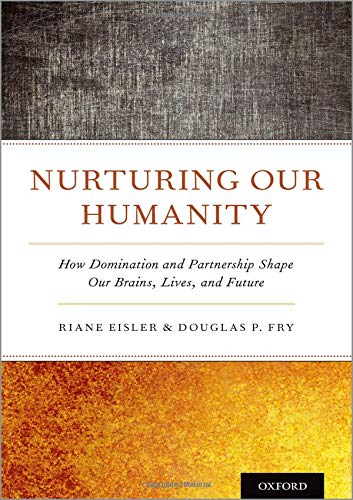About the film: A brief overview of how peace systems from different parts of the world successfully prevent war and facilitate unity and cooperation among neighboring societies.
Can humanity end war forever?
The new science of peace systems highlights the key ingredients for creating sustainable peace among societies.
Scientific evidence shows that certain societies have successfully shunned war by creating peace systems. Peace systems are clusters of neighboring societies that do not make war with each other. Global challenges such as climate change, loss of biodiversity, pandemics, and nuclear proliferation endanger everyone on the planet and thus require cooperative solutions. The existence of peace systems demonstrates that at many times and in various places people have unified, stopped warring, and worked together for the greater good. This film introduces several historical and cross-cultural peace systems from tribal peoples to nations, and even regions, to explore how peace systems can provide insights on how to end wars and promote intergroup cooperation.
Learn more about Peace Systems ⟹ http://peace-systems.org
Story: Dr. Douglas P. Fry & Dr. Geneviève Souillac
Narration: Dr. Douglas P. Fry
Video: Sustainable Human
For inquiries ⟹ sustainablehuman.org/storytelling
About Douglas Fry
Douglas P. Fry is Professor and Chair of the Department of Peace and Conflict Studies at the University of North Carolina at Greensboro. Fry earned his doctorate in anthropology from Indiana University in 1986. He has written extensively on aggression, conflict resolution, and war and peace. He is currently researching how clusters of neighboring societies, peace systems, manage to live without war. His most recent book, Nurturing Our Humanity, is co-authored with Riane Eisler (2019, Oxford). Eisler and Fry argue that the path to human survival and well-being in the 21st century hinges on our human capacities to cooperate and promote social equality, including gender equality.
He also is author of Beyond War (2007, Oxford), The Human Potential for Peace (2006, Oxford) and co-editor of Keeping the Peace: Conflict Resolution and Peaceful Societies Around the World (2004, Routledge) and Cultural Variation in Conflict Resolution: Alternatives to Violence (1997, Erlbaum). Fry is the recipient of the 2015 Peace Scholar-Educator Award, of the Peace and Justice Studies Association. He regularly gives interviews about his work, such as “Is Human Nature Peaceful?” on the Raising Primates Podcast in 2019.
About Geneviève Souillac
Dr. Geneviève Souillac’s academic career in Peace and Conflict Studies spans twenty years in universities around the globe. Souillac holds a PhD in Philosophy from the University of Hong Kong with a focus on the history of human rights. She earned three Master’s degrees, in History from the École des hautes études en sciences sociales in Paris, in International Relations from the University of Sydney, and in Theology and Religion from Katholieke Universiteit Leuven in Belgium.
She is the author of Human Rights in Crisis (2005); The Burden of Democracy (2011); A Study in Transborder Ethics. Justice, Citizenship, Civility (2012) and of numerous articles and book chapters on the topics of global ethics and peace. These books explore the boundary between the religious and the secular, the interface of cosmopolitan norms and pluralism, and the nexus between contested emancipatory narratives, memory, and ecological crisis from an interdisciplinary perspective.


